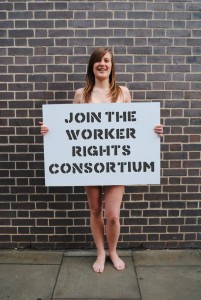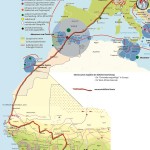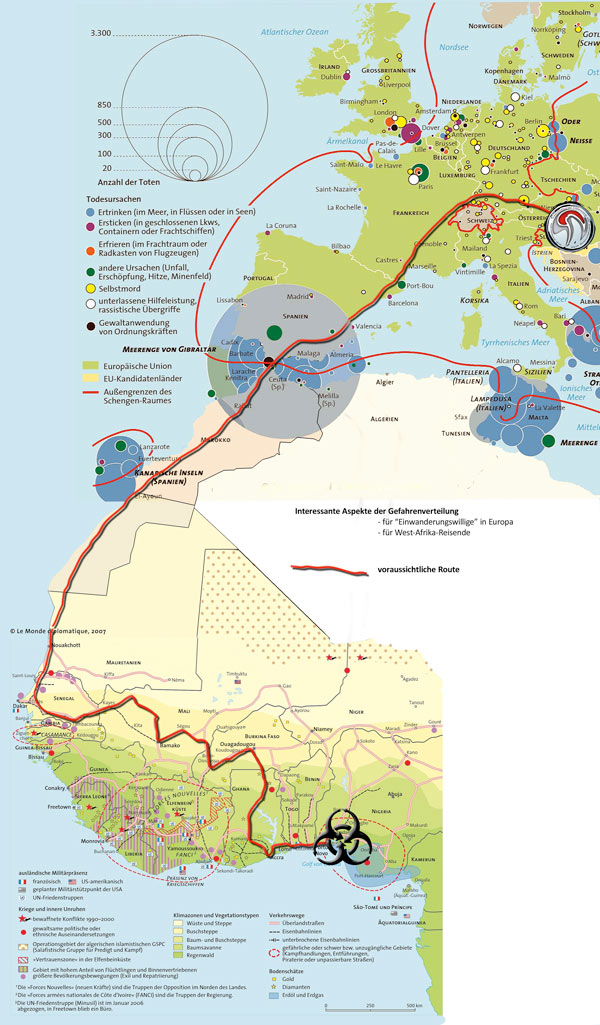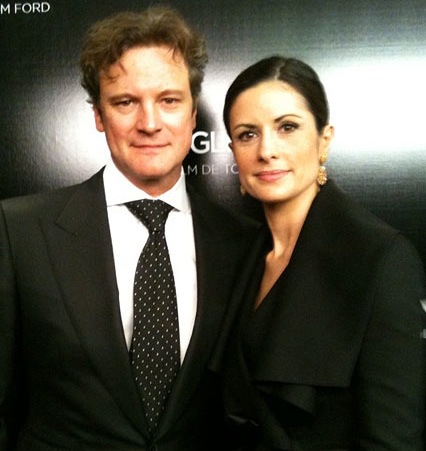
How might ‘social biomimicry’ influence design within the context of socially, culturally, environmentally, and economically responsible systems of fashion? While this conference may not directly focus on fashion at the stage of design conception, it does concentrate on other stages, such as manufacturing, communications, transportation, and green building. Indirectly, lessons learned at all stages of the lifecycle should influence the designer at the early phases of initial conception.
“A pioneering collaboration among biologists, designers, engineers, and businesspeople, Social Biomimicry: Insect Societies and Human Design is a conference organized by graduate students and supported by the Frontiers in Life Sciences program at Arizona State University. This conference will explore how the collective behavior and nest architecture of social insects can inspire more efficient and sustainable solutions to human challenges in areas such as manufacturing, communications, transportation, and green building. It will facilitate interdisciplinary exchange of concepts, perspectives, and tools that may enrich biology and advance biomimetic design. Finally, it will address fundamental issues in social biomimicry, including its ethical and psychological implications. We invite you to join us for this exciting event February 18 – 20, 2010 at the Memorial Union, Arizona State University, Tempe Campus.” (ASU)
Title: Social Biomimicry: Insect Societies and Human Design
Location: Arizona State University
Link out: Click here
Start Date: 2010-02-18
End Date: 2010-02-20
Source: Core77 and ASU

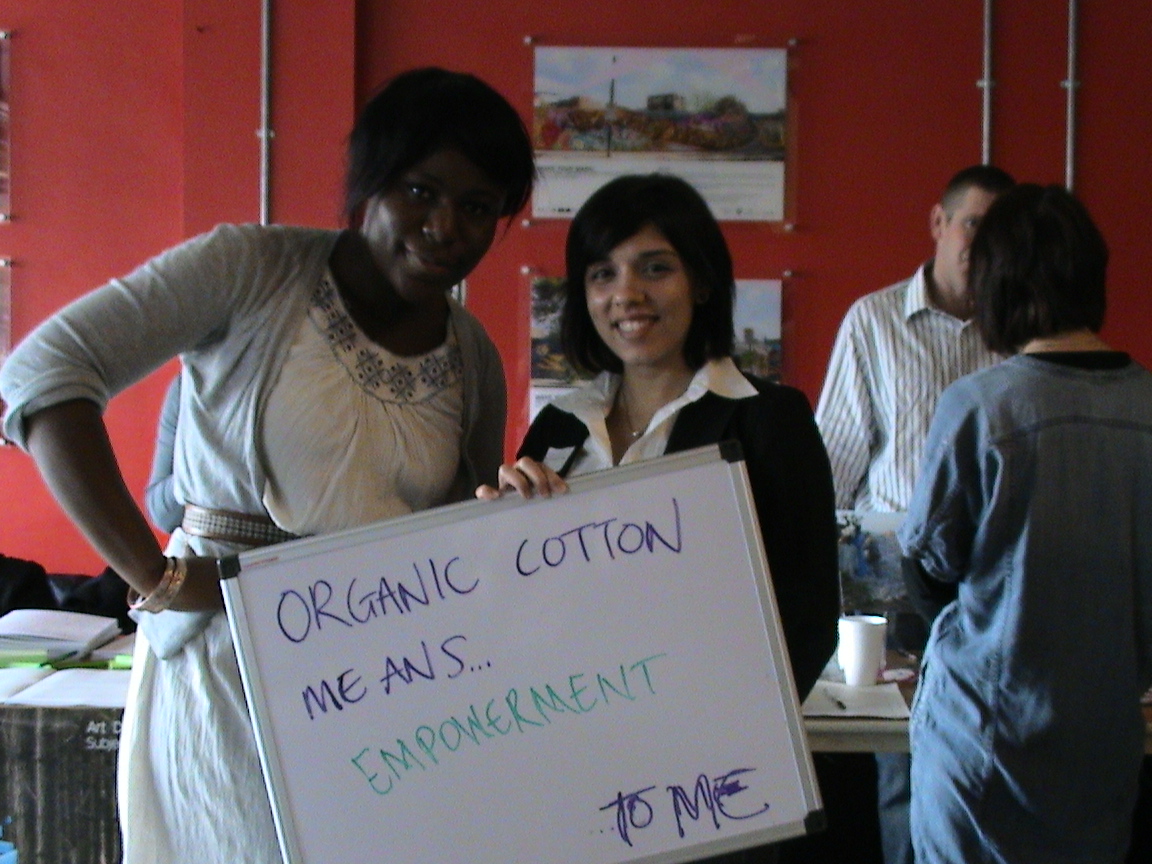

 A message from
A message from 

